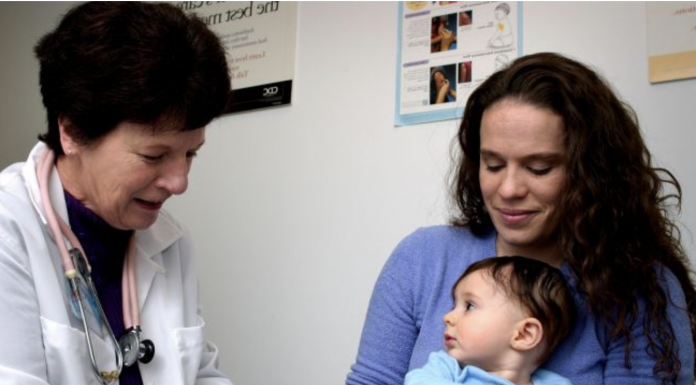THE EPOCH TIMES – A recent study on the immune effects of Pfizer’s COVID-19 mRNA vaccine has scientists raising concerns over vaccine-acquired immune deficiencies.
Vaccine-acquired immune deficiency syndrome (VAIDS) is a new colloquial term coined by researchers and health practitioners since the COVID-19 vaccine rollout. Though not recognized as a medical condition, some experts believe the COVID-19 vaccines may impair or suppress immune responses.
While the new study does not use the term VAIDS, the researchers recognized “a general decrease in cytokine and chemokine responses” to bacteria, fungi, and non-COVID viruses in children after COVID-19 vaccination.
“Our findings suggest SARS-CoV-2 mRNA vaccination could alter the immune response to other pathogens, which cause both vaccine-preventable and non-vaccine-preventable diseases,” the authors of the paper published in Frontiers in Immunology wrote.
“This is particularly relevant in children as they: have extensive exposure to microbes at daycare, school, and social occasions; are often encountering these microbes for the first time; and receive multiple vaccines as part of routine childhood vaccination schedules.”
The researchers from the Murdoch Children’s Research Institute and Royal Children’s Hospital in Melbourne, Australia, took blood samples of 29 children, both before vaccination and after two Pfizer mRNA doses.
They found that blood samples post-vaccination had a lower cytokine response to non-COVID pathogens compared to before vaccination. This reduced immune response was particularly persistent for non-COVID viruses.
Blood samples taken at six months showed some children still had low responses for hepatitis B virus proteins and proteins that mimic a viral infection; however, cytokine responses had increased for bacterial exposures.
Immune responses to COVID-19 proteins—including spike proteins and their S1 and S2 subunits—and nucleocapsid proteins remained high after vaccination.
Professor Retsef Levi, specializing in risk management and health systems at the Massachusetts Institute of Technology (MIT), posted on X (formerly known as Twitter) that the study “adds to cumulative evidence suggesting adverse immune alteration” by COVID-19 vaccination …



